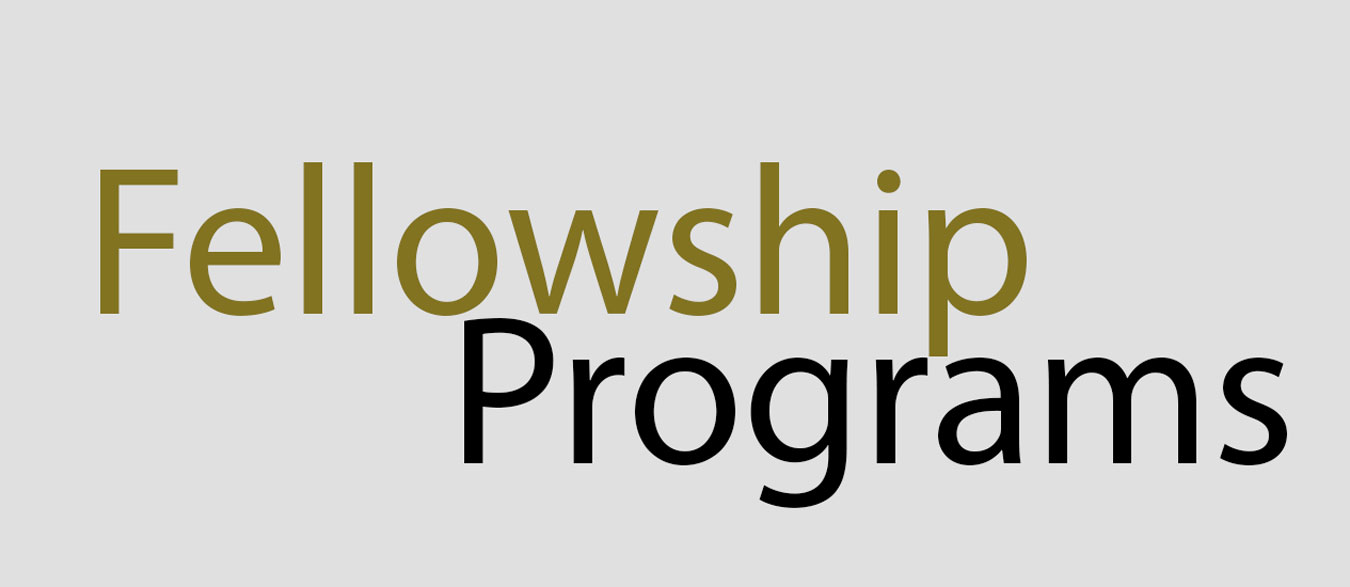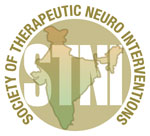
(INTERVENTIONAL NEURORADIOLOGY/ENDOVASCULAR NEUROSURGERY/NEUROINTERVENTIONAL SURGERY/INTERVENTIONAL NEUROLOGY)
Duration: 1.5-years-2 years
Requirements CV + 2 recommendations
Definitions, objectives & Scope of the specialty:
Neurointervention (NI) is a relatively new medical specialty that has been rapidly evolving over the past 2 decades. It uses interventional procedures, radiologic imaging & clinical expertise to diagnose & treat vascular disease of the CNS, Head – Face – Neck & Spine in adults & children.
It is an important & difficult specialty with strong & direct impact on patients with high risks connected to interventional procedures.NI specialist requires to have special training, experience & expertise, so as to independently interpret clinical & investigational findings, perform & conduct NI procedures, consult with patients & communicate with referring physicians.
The training program will include training in the following:
1) Signs & symptoms of disorders amenable to diagnosis treatment by NI techniques.
2) Basic neurological examinations to evaluate patients with neurological disorders.
3) Neuroanatomy, Pathophysiology & natural history of neurovascular disorders, indications & contraindications toNI procedures.
4) Clinical & technical aspects of NI procedures
5) Medical & surgical alternatives
6) Pre & post procedure management of Neurovascular patients. Neurointensive care management in consultation with Neurointensivist.
7) Fundamentals of imaging, radiation physics, biology & protection
8) Newer developments, strengths, weaknesses & risks of NI procedures
9) Exposure, participation (Hands on) in selective intra & extracranial vessel cannulation with microcatheters.
10) Exposure, participation in deployment of detachable coils, embolization with particles, NBCA, Onyx & sclerosants.
11) Exposure, participation treatment/role of intervention of cerebral aneurysms, vascular malformations, cerebral arterial stenosis, cerebral/spinal tumors, vasospasm, cerebral venous thrombosis
12) Detailed knowledge of pharmacology of drugs used in INR procedures including contrast media, anticoagulation, thrombolytics & Antiplatelet agents.
13) Have the skill to consult, and communicate with referring physicians, patients and their relatives
Intensive care
Objective of the training is to give the fellows an organized, comprehensive, supervised & full time education in NI with its wide panorama & scope. Research should be encouraged; time & facilities should be made available during training
- Evaluated basic and theoretical knowledge
- Skill and operating training Models and Simulator with professional expert tutor
- Practical experience and training Assistant then operator Certified Log book
- Centers of excellence and advanced training program
Duration: Total – 1.5 years-2 years
Proposed time durations of various sections of 1.5 years course
- Clinical/neurovascular imaging – 3-months
- Basics of neurovascular disorders and diagnostic angiography- 6-months
- Advanced neurointervention training- 9-months
Proposed time durations of various sections of 2 years course
- Diagnostic Neuroangiography- 6months
- Advanced Neurointervention training- 1.5 years
Institute: having in-house Neurosurgery, Neurology & INR, with inpatient hospital beds with suitably equipped INR suite, ICU, modern imaging (CT, MR).
(A training program is based on a pre-organized network of accredited institutions/departments coordinated by the program director when rotation periods in these institutions/departments are necessary. These rotations should be organized in such a way as to give trainees guaranteed training according to the curriculum)
The trainee will be provided practice based learning & improvement, with
- Participation in morbidity & mortality meeting.
- Conferences with related fields.
- Attendance / presentation in at least 1 national meeting – STNI/ISA/NSI/ISVIR/ ISNR /CVS
- Two/One topics as thesis/papers depending upon length of course
- Simulator training
- 2 weeks rotation to another certified centre
- Candidate is highly encouraged to attend meetings such as COW/ANVI/RAIN/Monsoon Meeting and achieve Certified 24-hours of Credit based learning
Trainee is expected to maintain a detailed logbook for the duration. This should be certified at the end of the training.
Required exposure in Two year course-
- 100 Diagnostic (Cerebral + Spinal) Angiograms.
- He should be an operating physician in 20 cases (supervised / assisted).
Detailed case work (Neurointerventional) should include:
- BAVMs – 10
- Aneurysms – 10
- Stroke – 5
- Stenting – 5
- Spinal – 5
- ECA territory – 5
Faculty –
- The faculty of the training program must include at least two members practicing INR as their principle activity.
- The proportion of trainers in INR to trainees must not exceed the ratio of 1:2.
- INR Case load (100 cases/year) of endovascular interventions
- INR Case mix including stroke, aneurysms, AVM’s, DAVF’s and spinal vascular malformations
- Applicants will be interviewed by Program Director & an appointed committee
- There would be an oral & written exam at end of fellowship with two examiners (an internal & one external examiner)
The name of the training centres shall be updated soon.
